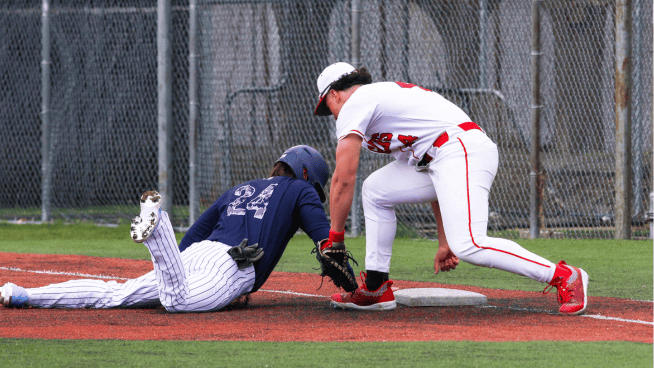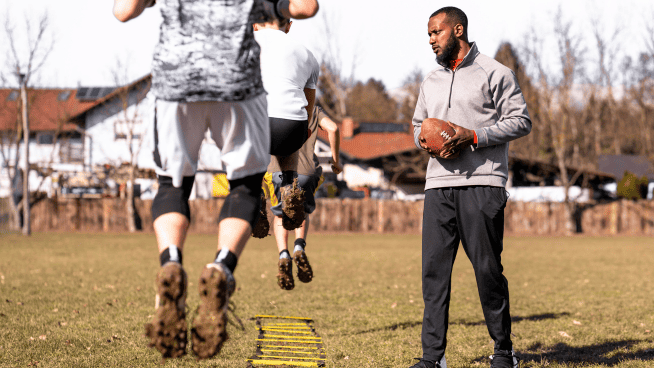A High School Coach’s Guide to Eating Disorders
Participation in high school athletics confers many benefits, not the least of which are learning discipline and teamwork. But there can be some downsides, too. Research published in the journal Athletic Insight suggests that the physical and psychological stress of athletic competition may play a role in the development of eating disorders. Sports with weight requirements can also trigger body image struggles in young adults.
Coaches and parents must know how to recognize eating disorders among teen athletes and work to help kids build a healthy relationship with food.
Signs of Eating Disorders
Here are some signs of eating disorders, from the The National Eating Disorders Association:
- Decreased concentration or focus
- Frequent fractures or muscle strains
- Light-headedness or dizziness
- Perfectionism
- Signs of impatience or mood disorders
- Preoccupation with one’s own food or someone else’s
How You Can Help
If you suspect that one of your athletes has an eating disorder:
- Refer him or her to a doctor or registered dietitian who specializes in eating disorders
- Talk to him/her about the importance of properly fueling for games and practices
- Give him/her tips for healthy eating before and after workouts
- Do not comment on his/her weight
- Without singling anyone out, talk about the risks of being underweight
Read more:
RECOMMENDED FOR YOU
MOST POPULAR
A High School Coach’s Guide to Eating Disorders
Participation in high school athletics confers many benefits, not the least of which are learning discipline and teamwork. But there can be some downsides, too. Research published in the journal Athletic Insight suggests that the physical and psychological stress of athletic competition may play a role in the development of eating disorders. Sports with weight requirements can also trigger body image struggles in young adults.
Coaches and parents must know how to recognize eating disorders among teen athletes and work to help kids build a healthy relationship with food.
Signs of Eating Disorders
Here are some signs of eating disorders, from the The National Eating Disorders Association:
- Decreased concentration or focus
- Frequent fractures or muscle strains
- Light-headedness or dizziness
- Perfectionism
- Signs of impatience or mood disorders
- Preoccupation with one’s own food or someone else’s
How You Can Help
If you suspect that one of your athletes has an eating disorder:
- Refer him or her to a doctor or registered dietitian who specializes in eating disorders
- Talk to him/her about the importance of properly fueling for games and practices
- Give him/her tips for healthy eating before and after workouts
- Do not comment on his/her weight
- Without singling anyone out, talk about the risks of being underweight
Read more:











